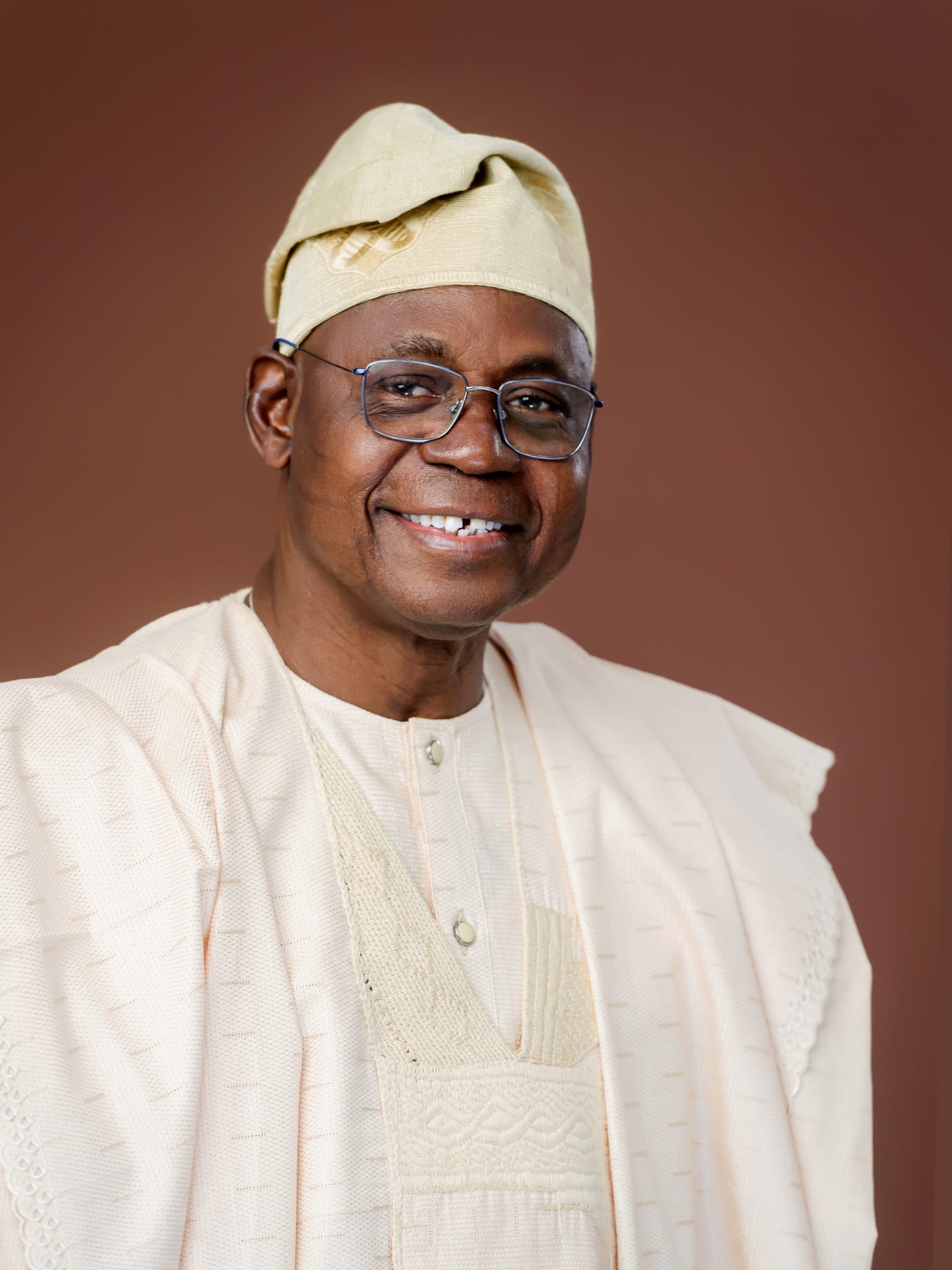
It is an immense honour to write about a distinguished gentleman whom I consider both a beloved uncle and an influential mentor. I have known Captain Olugbemiga Abidoye since I joined the maritime sector in 1999.
From our first meeting, his exceptional intellect, professionalism, and deep passion for both shipping operations and port administration earned him my utmost respect. Few people possess Captain Abidoye’s breadth of knowledge about Nigeria’s waterways and harbours.
Though his name may not resonate with some younger practitioners today, this is not due to a lack of significant contributions but rather his humble nature. A self-effacing and private man, Captain Abidoye never sought the spotlight, despite his tremendous impact on the maritime industry.
Captain Olugbemiga Abidoye retired from the Nigerian Ports Authority (NPA) in October 2003, after a distinguished career culminating in his role as Executive Director, Marine and Operations. For those familiar with the workings of the NPA, the Executive Director of Marine and Operations oversees the Authority’s core activities, and Captain Abidoye was widely regarded as a potential NPA Managing Director—a role many believe he was the best candidate for but never attained.
Before his appointment as Executive Director, Captain Abidoye served in several capacities, including a five-year stint as a Pilot and two years as the Master of NPA’s hydrographic research vessel, “Argungu.” His expertise in port channel maintenance and navigable waterways grew during these roles, as did his leadership through posts such as Harbour Master and Marine Superintendent at various ports, and later as Assistant General Manager Operations. One of his landmark achievements was the creation of the Compulsory Delta Pilotage District in 1993, which replaced the unregulated local pilotage services in Warri River and Escravos, thereby improving safety and generating millions of dollars in revenue for the NPA. His initiative earned him commendations from both the Ministry of Transportation and NPA management.
Captain Abidoye’s deployment from marine services to operations was a pivotal point in his career, where he gained invaluable experience in port traffic operations. As General Manager of the Marketing and Commercial Services Division, he inherited a complicated and opaque billing system. With characteristic foresight and integrity, he spearheaded a reform, assembling a team of experts to simplify tariffs and make the billing system transparent. This move reduced discretionary powers, curbed revenue leakages, and significantly increased NPA’s income.
His promotion to Executive Director of Marine and Operations in 2002 was met with widespread approval, with both NPA staff and industry stakeholders eager for the reforms they knew he would bring. Under his leadership, the NPA saw immediate improvements in service efficiency and revenue generation. One of his lasting legacies was the introduction of off-dock terminals to reduce port congestion—a concept now widely adopted, but revolutionary at the time.
Captain Abidoye’s dedication to improving dockworkers’ conditions was another hallmark of his career. He championed a reform that replaced the corrupt and exploitative ‘gang system’ with a payment-by-tonnage model, which improved productivity, reduced costs for shipping companies, and enhanced dockworkers’ welfare. Despite aggressive resistance from the union, his persistence and administrative skill prevailed, empowering dockworkers and creating a fairer system.
His visionary leadership extended to the computerization and automation of the Marketing Hall at the then RoRo Port, which later merged with the Tin Can Island Port. This pilot scheme laid the groundwork for NPA’s broader adoption of technology, leading to the fully computerised operations we see today.
Without question, Captain Abidoye’s reforms as General Manager and later Executive Director set the stage for private sector participation in port operations, elevating service delivery and revenue generation at Nigerian ports.
Sadly, despite his extraordinary contributions, some detractors sought to undermine his career at the NPA. Yet, through his faith and resilience, Captain Abidoye emerged stronger. True to the meaning of his name, “Oluwa gbe mi ga” (God lifted me high), he has risen far above such challenges, continuing to make impactful contributions through private enterprises.
As Captain Abidoye celebrates his 70th birthday on November 10, 2021, I wish to publicly acknowledge his profound influence on my life and career. His kindness and mentorship have been invaluable, and I will forever be grateful for his guidance.
Captain, when I saw you at the Day of Tribute for the late Chief Priest in Apapa last month, you looked nowhere near 70—a testament to God’s grace and favour upon you. May you continue to enjoy good health, sound mind, peace, and joy as you touch the lives of others with the same cheerfulness and wisdom you’ve always shown.
Happy 70th birthday, Sir!